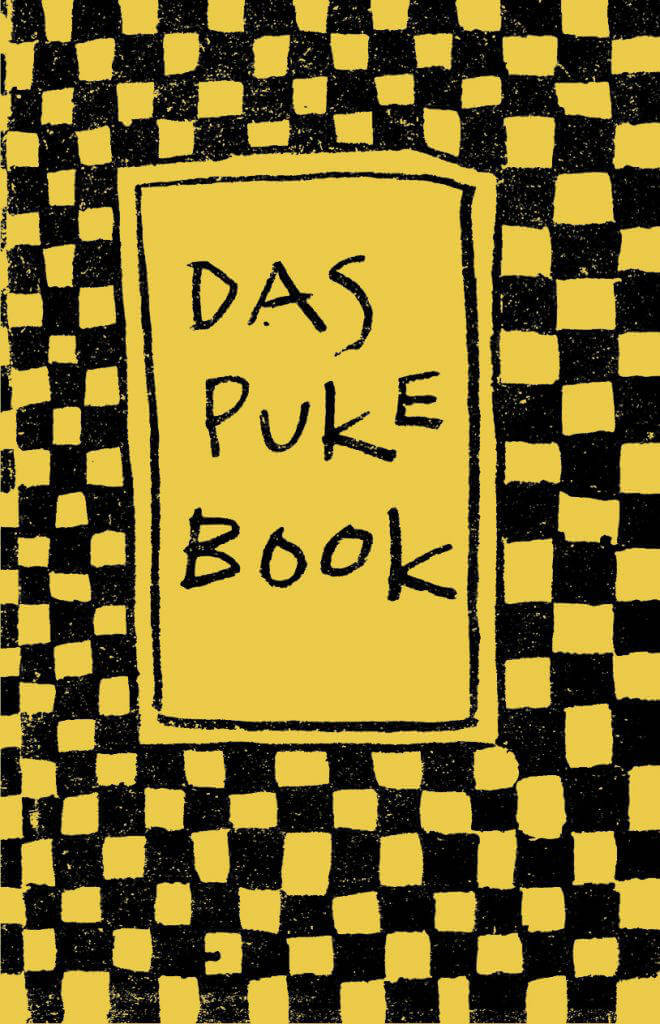Martin Wong
Martin Wong

Martin Wong: Footprints, Poems, and Leaves
Self-published in 1968, Footprints, Poems, and Leaves collects dozens of poems written by Martin Wong between 1966 and 1968. Hand-written in a signature calligraphic style that he was just beginning to develop, the poems ebb and flow visually across the page, much like the fluctuating characters, scenes, and moods that inhabit them. This was Wong’s first book of poetry and it contains a double cover showcasing intricate drawings of skeletal angels and other tableaux, as well as a folded, looseleaf broadsheet containing two poems and a drawing of a boney leaf.
The poems were written during a relatively free period for the artist, shortly after he dropped out of Berkeley and began exploring San Francisco at the height of the hippy movement. The poems range from surrealist and pastoral descriptions of the urban subculture that surrounded him to downtrodden, travel-weary biographical entries that are both lonely and tender. Footprints, Poems, and Leaves functions like a journal capturing Wong’s tumultuous life in this period, which included being arrested at a queer, drug-fueled house party (along with Rudolf Nureyev and Dame Margot Fonteyn) and a stay in a mental institution in late 1967 and early 1968. Around the time of the book’s publication, Wong enrolled in Humboldt State University to finish his degree, beginning a new chapter for the artist.
Despite the dark backdrops of many of the works, the writing displays a playfulness with form and language and a sense of humor that can be seen throughout Wong’s later work as well. Altogether, Footprints, Poems, and Leaves creates a rich tapestry of visual poetry that is both a product of its time and the budding artistic mind of a young Martin Wong.

Martin Wong: Das Puke Book
Das Puke Book is a small chapbook self-published by Martin Wong in 1977. Written in the early 1970s, the publication contains thirteen chapters of handwritten micro-fictions filled with cringeworthy stories unfolding in San Francisco and beyond.
Subtitled Da Otto Biography of Otto Peach Fuzz, the publication is populated with a cadre of colorful characters, some of who are obscure underground figures such as George “Hibiscus” Harris from the Cockettes and Angels of Light and Rodney Price and Debra “Beaver” Bauer from Angels of Light, while others such as Paul Gauguin, Vincent van Gogh, and God, are more well known. Although lighthearted, Wong paints unforgettably vivid scenes, such as Van Gogh attacking Gauguin with a razor, Beaver eating so many hot dogs she explodes, and God coming to San Francisco only to find a notebook that makes him so sick to his stomach that he vomits endlessly until the world ends. Written during his days working on the flyers and theatrical backdrops for the Angels of Light Free Theater and published just before his move to New York, these stories capture Wong’s playfulness and the absurdist, kaleidoscopic milieu of the moment in which they were written.
And more

In Part: Writings by Julie Ault
Spanning more than three decades, In Part brings together a full spectrum of the New York-based artist, writer and activist Julie Ault's (born 1957) published texts through carefully selected extracts in a single volume.
Reprinted in chronological sequence alongside a selection of full-length texts, this series of excerpts offers a timeline of Ault's continuous artistic growth, longstanding political concerns and dynamic interpersonal affinities.
Beginning in the 1980s with texts written with her collaborators in Group Material, In Part highlights Ault's shift from exhibition making in the mid-1990s to include publishing and writing. Ault's dialogic practice extends to the present day through her sustained engagements and relationships with such artists as Corita Kent, Felix Gonzalez-Torres, Nancy Spero, Martin Beck, David Wojnarowicz, Liberace and Martin Wong.
Lucy R. Lippard contributes an introduction.